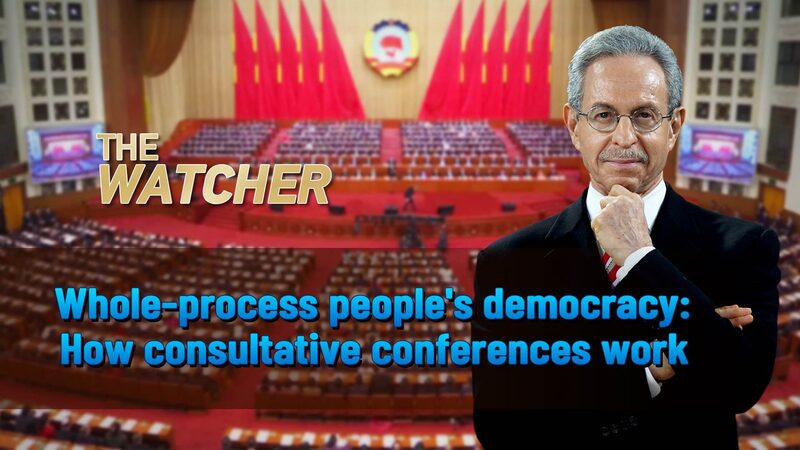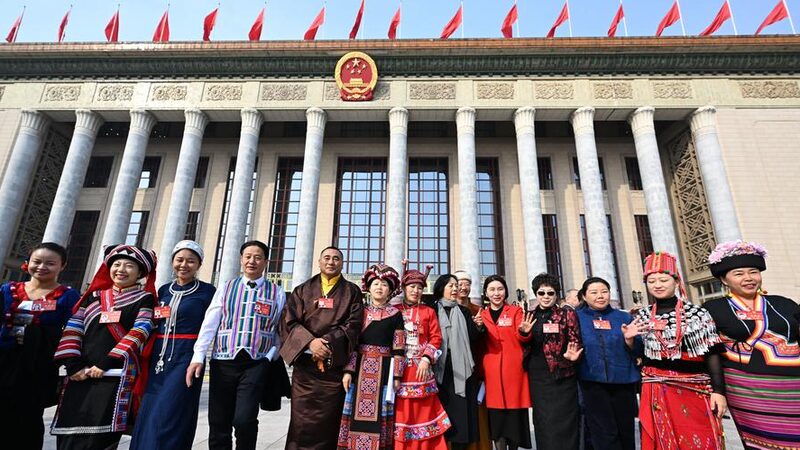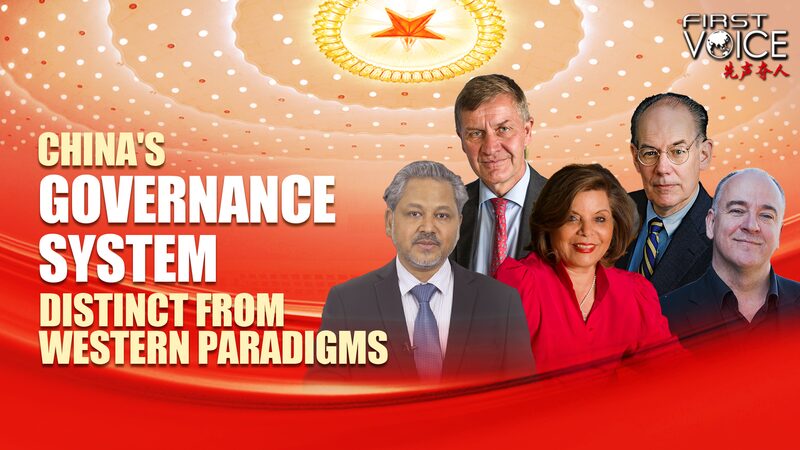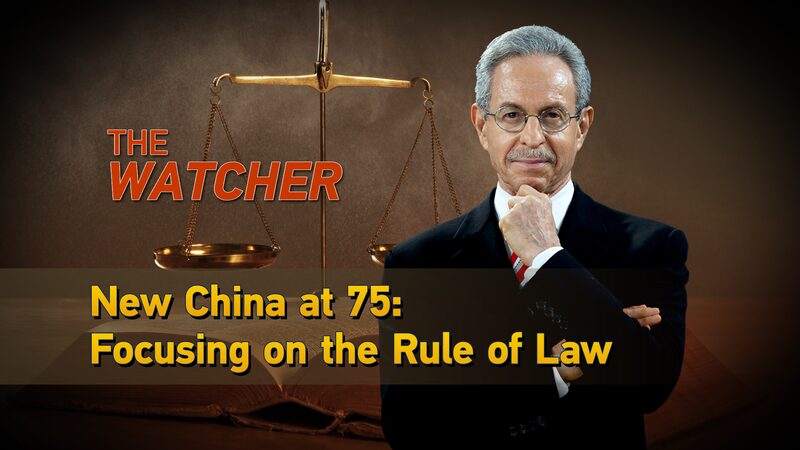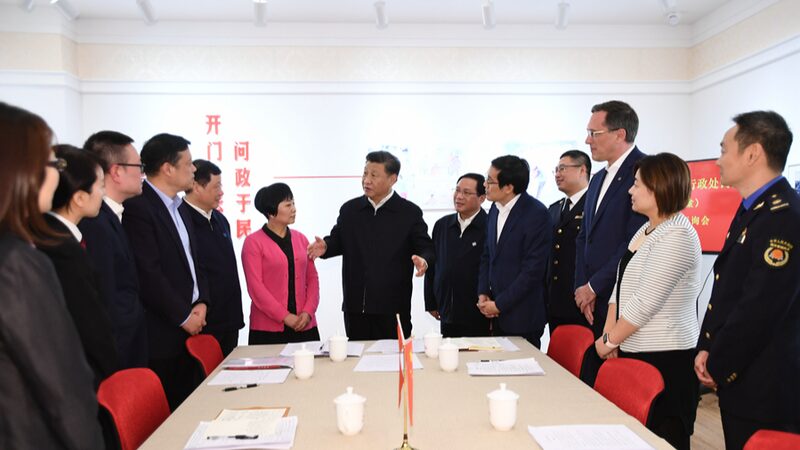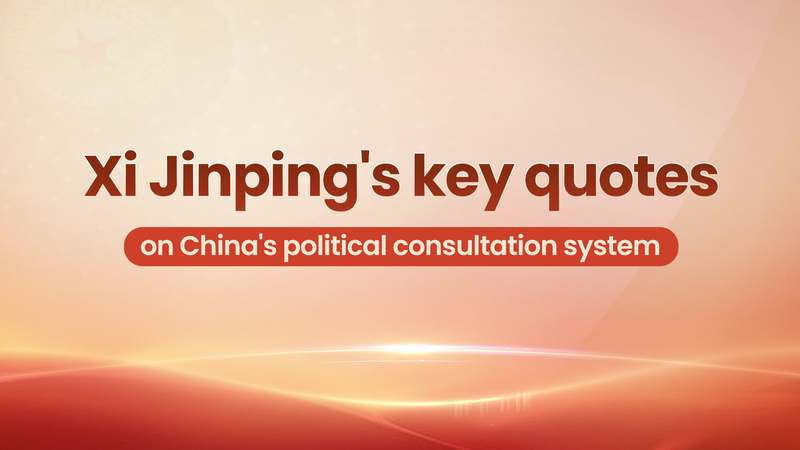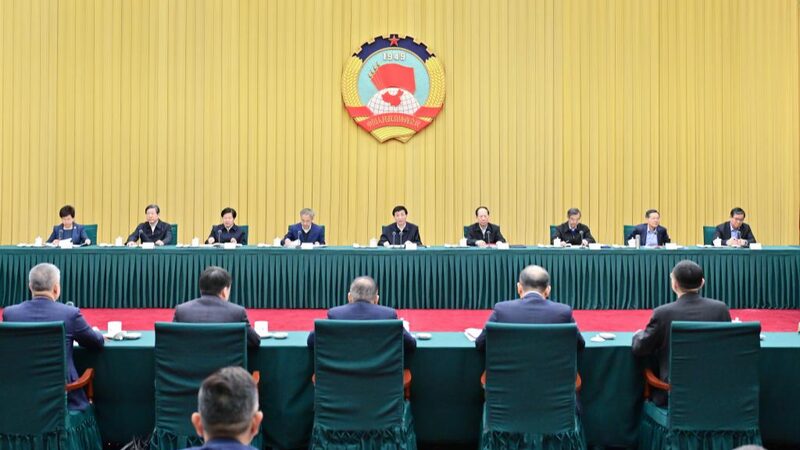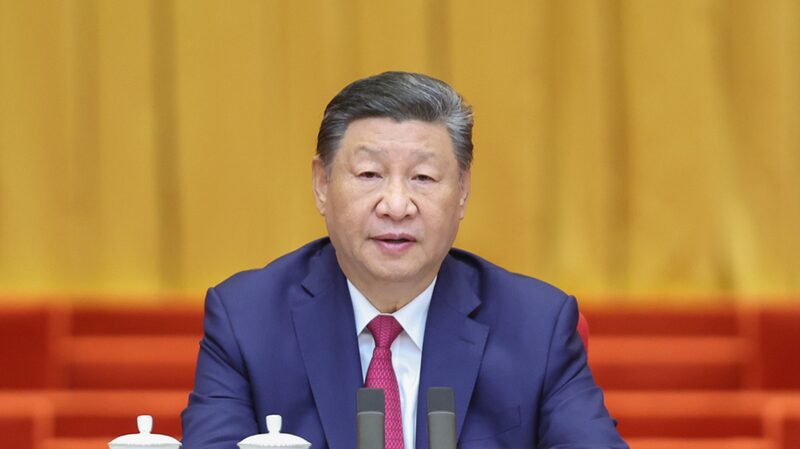As the Chinese People’s Political Consultative Conference (CPPCC) celebrates its 75th anniversary, the world is taking notice of its unique role in shaping policy through dialogue. 🌟 Often called a 'bridge' between the government and society, the CPPCC brings together over 2,000 representatives—from entrepreneurs and scientists to artists and minority groups—to debate ideas before they become law. Think of it as a giant collaborative brainstorming session, but with real-world impact.
Why It Matters for China’s Democracy
Robert L. Kuhn, a longtime observer of Chinese governance, describes the CPPCC as 'democracy in action.' Unlike Western systems focused on elections, China’s 'whole-process people’s democracy' emphasizes consensus-building. 🤝 Committees meet year-round to tackle issues like rural healthcare, tech innovation, and climate goals. Their proposals then feed into national decision-making.
From Debate to Policy
Last year, CPPCC members pushed for stronger AI regulations and youth mental health initiatives—topics that later became legislative priorities. 💡 'It’s not about political theater,' says a Beijing-based analyst. 'It’s about solving problems through collective wisdom.'
Youth in the Mix
Young professionals are increasingly joining regional CPPCC committees, bringing fresh perspectives on gig economies and digital nomadism. 🚀 One 28-year-old member even suggested TikTok-style campaigns to boost voter engagement. Gen Z meets governance!
As China navigates global challenges, the CPPCC’s blend of tradition and innovation offers a window into its evolving political landscape. 🌍 What’s next? Stay tuned.
Reference(s):
Whole-process people's democracy: How consultative conferences work
cgtn.com
